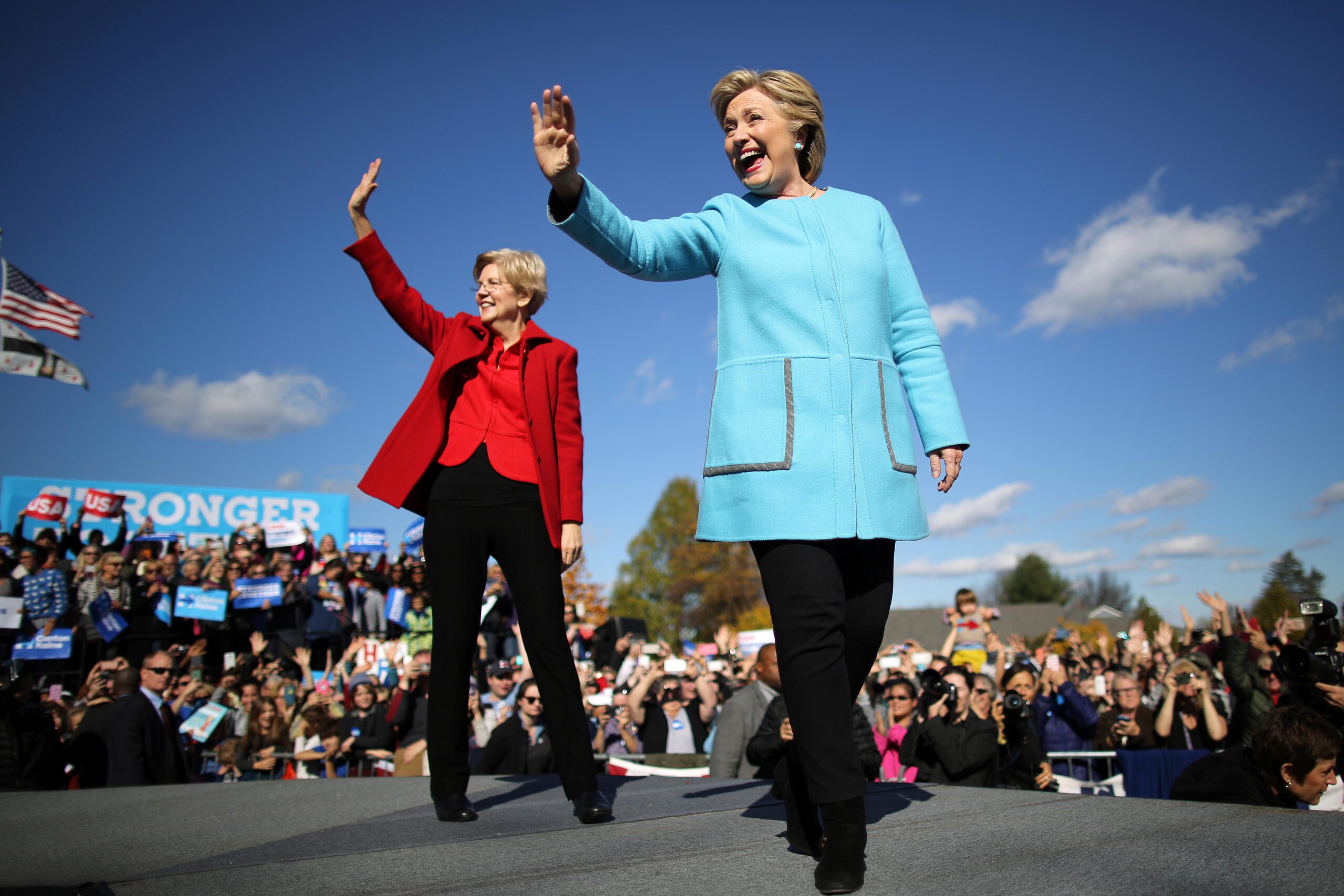Hillary Clinton and Elizabeth Warren are two prominent female American politicians with different styles, priorities, and ideologies. Clinton has prioritized economic growth, healthcare reform, and gun control, while Warren has focused on income inequality, consumer protection, and universal healthcare. Clinton has been criticized for her reliance on big money donors, flip-flopping on issues, and aloof public persona, while Warren is known for her fiery rhetoric against big banks and corporations, folksy style, and willingness to take on powerful interests. Ultimately, the decision on which candidate to choose lies with the voters.
Hillary Clinton vs. Elizabeth Warren: Comparing Their Political Campaigns
Introduction
When it comes to prominent female politicians in the United States, Hillary Clinton and Elizabeth Warren are two names that come to mind. Both women have made significant strides in their political careers, and have been considered presidential contenders in recent years. Their styles, priorities, and ideologies, however, differ in many ways. In this article, we will compare and contrast the political campaigns of Hillary Clinton and Elizabeth Warren, focusing on their approach to issues, political strategies, and public persona.
Background
Hillary Clinton served as the Secretary of State under Barack Obama’s presidency, and had a distinguished career prior to that as the First Lady and a US Senator. Elizabeth Warren, on the other hand, is a relatively newcomer to federal politics, only being elected as a US Senator in 2012. However, Warren has an extensive background in academia and consumer advocacy, and is known for her fiery rhetoric against big banks and corporations.
Political Priorities
When it comes to the issues they prioritize, Clinton and Warren share some similarities but also differ in significant ways. For Clinton, economic growth, healthcare reform, and gun control have been among her top priorities. She has also been vocal about her support for LGBTQ rights, environmental protection, and comprehensive immigration reform. Warren, meanwhile, has been a prominent critic of Wall Street and big corporations, and has made income inequality and consumer protection her main focus. She also supports universal healthcare, making college education more affordable, and raising the minimum wage.
Political Strategies
Clinton has been criticized for her reliance on big money donors and establishment endorsements, as well as for her tendency to flip-flop on some issues. She has also faced criticism for her handling of the Benghazi incident and her use of a private email server while serving as Secretary of State. Despite these criticisms, Clinton has also been praised for her tough-mindedness and her ability to work across party lines.
Warren, in contrast, is known for being a fierce critic of corporate influence in politics, and has often been more confrontational and populist in her approach. She has also been a vocal supporter of progressive movements such as Bernie Sanders’ 2016 campaign, and her “Nevertheless, she persisted” mantra became a rallying cry for many liberals. Warren’s directness and willingness to take on powerful interests has earned her a reputation as a fighter.
Public Persona
Clinton and Warren differ in their public personas as well. Clinton has often been criticized for coming across as unrelatable and aloof, and her attempts to soften her image have been met with mixed results. However, she has also been praised for her resilience and her ability to inspire women and girls around the world. Warren, meanwhile, is known for her folksy, down-to-earth style, and has been compared to a beloved grandmother figure by some. Her directness and toughness have also endeared her to many left-leaning Americans.
Conclusion
In conclusion, Hillary Clinton and Elizabeth Warren have both made significant contributions to American politics, and have amassed loyal followings along the way. While they share similarities in their support for progressive values and advocacy for marginalized communities, they differ in their approach to issues, political strategies, and public persona. Ultimately, it is up to the voters to decide which candidate they feel best represents their views and ideals.
